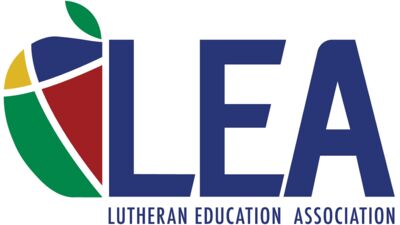Physical Therapy at Concordia

Physical therapy is an important part of the healthcare field. It assists individuals to increase their movement and decrease the limitations on that movement. It is extremely helpful in the rehabilitation process for athletes recovering from an injury or patients recovering from surgery. Concordia University, Nebraska’s pre-physical therapy program helps prepare students to complete their degrees and serve their communities through this profession.
The classes within the pre-physical therapy program are designed to equip students for leadership and service in various careers. Some of the courses include general biology, general chemistry, advanced human anatomy and physiology and general physics. These courses are structured to help students develop these skills, as well as critical thinking, analytical reasoning and communication skills that provide students with a solid foundation while they pursue this career.
Pre-physical therapy students at Concordia have many hands-on opportunities prior to graduation. They can work with local hospitals, clinics and physical therapists in hands-on internships and other volunteer experiences. In addition, Concordia students pursuing a healthcare major who have met the minimum high school academic prerequisites may be eligible to apply for Concordia’s Micah Scholars. This program offers more hands-on experiences working in healthcare, fosters community between like-minded students and helps prepare students for graduate or professional school. Students in this program also receive an annual scholarship for up to five years while attending Concordia.
After graduating with a pre-physical therapy degree, students typically apply to a Doctor of Physical Therapy program to complete their education. This type of program usually takes two to three years. Students also need to pass the National Physical Therapy Exam and obtain state licensure before they can begin their practice. While this level of education will allow graduates to practice general physical therapy, some students choose to continue their education and earn specializations in specific areas of physical therapy. In addition, some physical therapists opt to pursue further education to enhance their knowledge.
There are institutions around the nation where pre-physical therapy graduates can pursue higher education. There are also a number of hybrid programs that allow students to watch lectures remotely and only have in-person classes for labs to make sure the students are understanding the material.
While this is one common path that pre-physical therapy graduates take, the options for students can vary greatly based on their focus. For example, JaeSi Hentges, a pre-physical therapy student at the University of Central Missouri, has a focus in kinesiology. She says that after graduation for people with her degree, there are several different certification options like strength and conditioning (CSCS), personal training (CPT), or training special population (CSPS). There are also positions in research and assisting which do not require a certification. Another option for kinesiology majors is cardiac rehabilitation.
According to the Bureau of Labor and Statistics, physical therapists in the United States typically make about $100,000 a year. However, this can vary based on location, specialization and level of education.
Physical therapists are very important members of the healthcare system. They help rehabilitate patients after injuries and surgeries and help increase patients’ performance in their vocations.
Learn more about Concordia University, Nebraska’s pre-physical therapy program here.
Interested in Concordia University, Nebraska's pre-physical therapy program?
Related Stories


